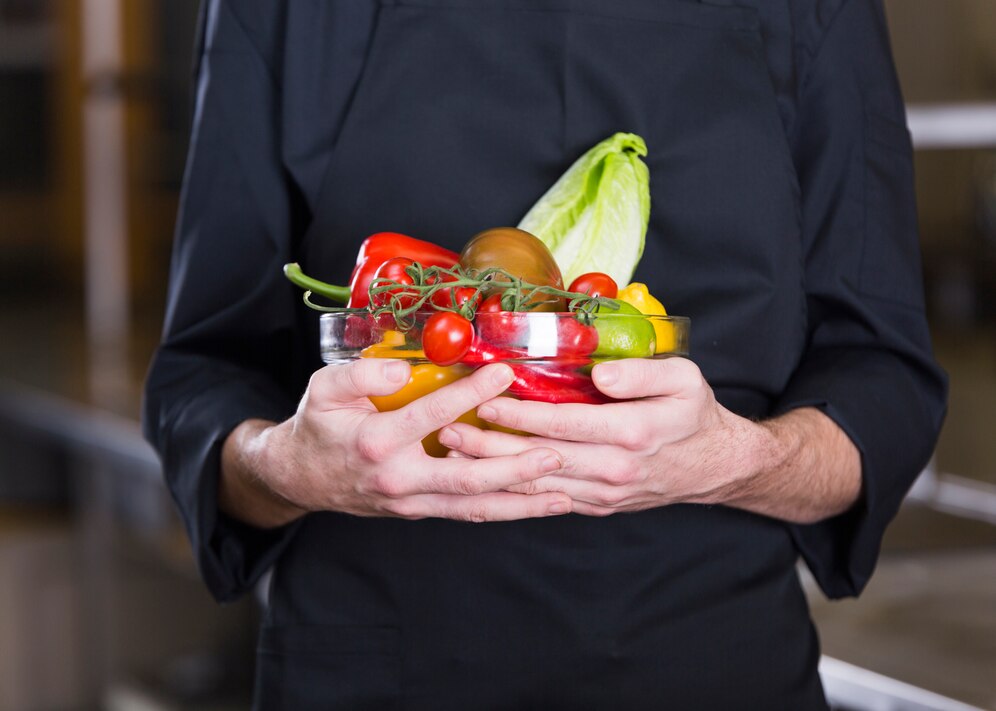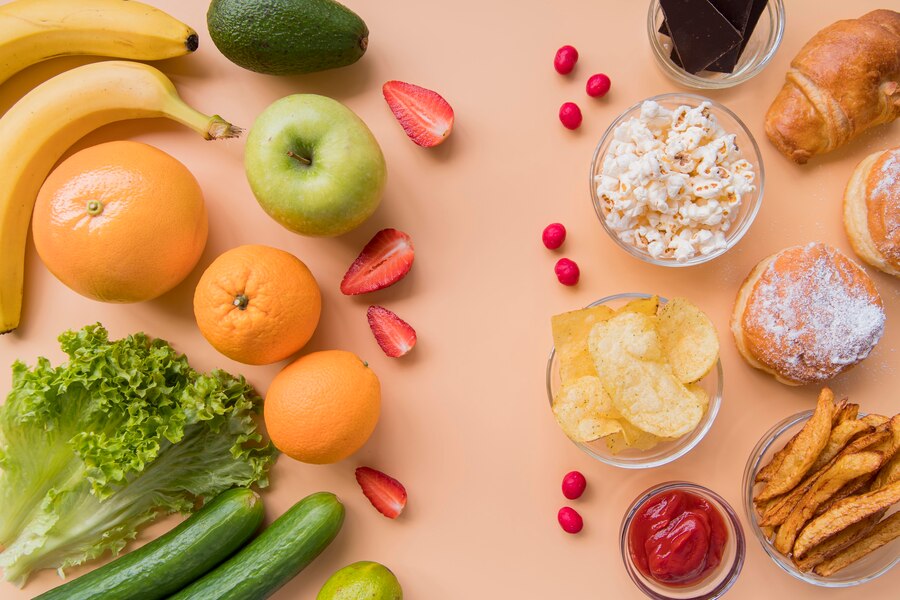Top Kidney-Friendly Foods
If you have chronic kidney disease (CKD), maintaining a healthy diet is crucial for managing your condition effectively. Proper nutrition can help alleviate symptoms and slow the progression of kidney damage. Here’s a guide to some of the top kidney-friendly foods that can aid in repairing your kidneys and promoting overall health:
Apples
Apples are delicious and packed with nutrients beneficial for kidney health. Rich in pectin, a soluble fiber, apples can help lower cholesterol and glucose levels. Additionally, they boast high antioxidant levels and are an excellent source of vitamin C, essential for immune function.
Blueberries
Blueberries are nutritional powerhouses, offering a range of health benefits. Low in calories and high in fiber and vitamin C, blueberries have antioxidant properties that may protect against cancer and heart disease. Moreover, they support brain health, making them an ideal addition to your diet.
Fish
Certain types of fish, such as salmon, mackerel, and tuna, are rich in omega-3 fatty acids, essential for heart and brain health. Omega-3s can help regulate blood clotting, lower triglyceride levels, and reduce the risk of abnormal heart rhythms. Including fish in your diet may also benefit conditions like cancer and autoimmune diseases.
Kale
Kale is a nutrient powerhouse packed with vitamins A, C, and K, calcium, and minerals. It contains carotenoids and flavonoids that promote eye health and protect against cancer. Additionally, kale is a good source of vitamin K, a natural blood thinner. However, individuals on dialysis should exercise caution due to its moderate potassium content.
Spinach
Spinach is another nutrient-rich leafy green that offers numerous health benefits. Loaded with vitamins A, C, and K, folate, and magnesium, spinach supports immunity, vision, and bone health. Its beta-carotene content boosts immunity and protects vision, making it a valuable addition to any kidney-friendly diet.
Sweet Potato
Sweet potatoes are low in sugar and high in soluble fiber, making them an excellent choice for kidney health. Their high fiber content promotes satiety and aids in weight management. Moreover, sweet potatoes are rich in vitamins and minerals, including vitamin A, essential for vision and immune function.
Other Healthy Foods
In addition to the foods above, several other options can benefit kidney health. Incorporating fruits like cranberries, raspberries, and strawberries, as well as vegetables such as arugula, cabbage, and cauliflower, can further support your renal function. Additionally, maintaining adequate hydration by consuming water and clear fluids is essential for kidney health.
Importance of a Kidney-Friendly Diet

Kidneys’ Function
The kidneys are vital in maintaining overall health by filtering waste products and excess bodily fluids through urine. They also regulate the body’s mineral balance and produce hormones that control blood pressure. A kidney-friendly diet is essential for preserving kidney function and preventing further damage.
Protecting Kidneys with Diet
A kidney-friendly diet protects the kidneys from further harm by limiting certain foods and fluids. By controlling the intake of sodium, potassium, phosphorus, protein, and fluids, individuals with kidney disease can prevent the accumulation of toxins and maintain a healthy balance of essential nutrients.
Harmonizing a Diabetic Diet with Kidney-Friendly Diet
Compatible Food Choices
If you have both diabetes and kidney disease, managing your diet requires careful consideration of your nutritional needs. While diabetic and kidney-friendly diets share many similarities, there are significant differences. Focusing on fruits, vegetables, lean proteins, whole grains, and unsweetened fluids can help you maintain stable blood sugar levels while supporting kidney health.
Limiting Foods in Kidney Disease

Sodium
Excessive sodium intake can exacerbate kidney disease and contribute to fluid retention and high blood pressure. Limiting salt and high-sodium foods is crucial for managing kidney disease and reducing the risk of complications.
Potassium
High potassium levels can be dangerous for individuals with kidney disease, leading to heart problems and other complications. Avoiding potassium-rich foods like bananas, oranges, potatoes, and dairy products can help maintain healthy potassium levels and protect kidney function.
Protein
While protein is essential for overall health, excessive protein consumption can strain the kidneys and worsen kidney disease. Monitoring protein intake and opting for high-quality, low-phosphorus protein sources can help support kidney health.
Phosphorus
High phosphorus levels in the blood can weaken bones and exacerbate kidney disease symptoms. Limiting phosphorus-rich foods like meat, fish, dairy, and processed foods can help prevent complications and support overall health.
Calcium
Excessive calcium intake can contribute to kidney stone formation and other complications in individuals with kidney disease. Avoiding calcium supplements and reducing consumption of calcium-rich foods like dairy products can help manage calcium levels and protect kidney function.
Fluids
Monitoring fluid intake is essential for individuals with kidney disease, as excess fluid can strain the kidneys and lead to complications like high blood pressure and fluid retention. Limiting fluids and choosing low-sodium, hydrating options like water, clear soups, and unsweetened tea can help maintain fluid balance and support kidney health.

FAQ
Purpose of the Kidneys
The kidneys’ primary function is to filter waste and excess bodily fluids, regulate mineral and fluid balance, and produce hormones that control blood pressure.
Foods to Limit in Kidney Disease
Individuals with kidney disease should limit their sodium, potassium, phosphorus, protein, and fluid intake to prevent complications and preserve kidney function.
Fruits Harmful for Kidneys
Certain fruits like bananas, oranges, and dried fruits are high in potassium and may harm individuals with kidney disease. Limiting these fruits can help maintain healthy potassium levels and protect kidney function.
Extracting Potassium from Fruits
To reduce potassium levels in fruits, consider substituting fresh or frozen options for canned varieties and rinsing them thoroughly to remove excess salt and potassium.
Effects of High Potassium in the Body
High potassium levels can lead to symptoms like abdominal pain, diarrhea, muscle weakness, and irregular heartbeat. Monitoring potassium intake and making dietary adjustments can help prevent complications and support overall health.
By following a kidney-friendly diet and making appropriate lifestyle modifications, individuals with kidney disease can effectively manage their condition and improve their quality of life.
Read more:
-
Antihyperlipidemic: Their Role in Managing Cholesterol Levels
- What Are 5 Benefits of Drinking Water?




